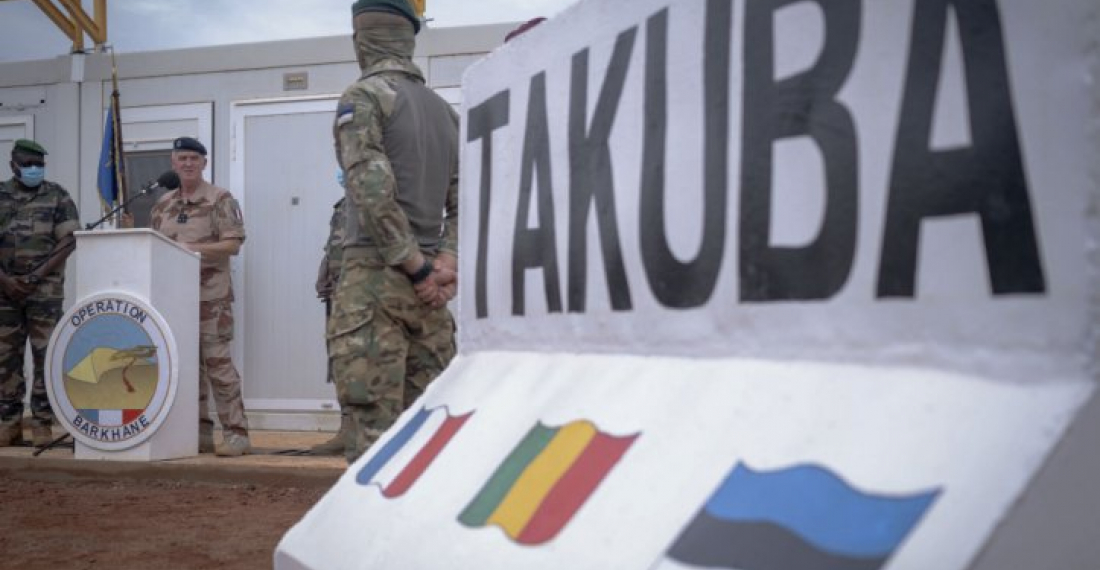The Taliban's victory in Afghanistan risks blowing a wave of hope among jihadists around the world. Islamist groups currently involved in insurgencies across Africa have saluted the Taliban's success.
"God is great," a media outlet linked to Somalia's al-Shabab wrote in response to the takeover.
Elsewhere, while he had not spoken since 2019, the jihadist leader of Jama'a Nusrat ul-Islam wa al-Muslimin' (JNIM), the Sahelian branch of Al-Qaida, paid tribute to "[their] Islamic emirate of Afghanistan, on the occasion of the withdrawal of the invading American forces and their allies", in an audio message before the fall of Kabul on Tuesday (10 August). A reversal which, he added, "is the result of two decades of patience".
It is no coincidence that the irresistible Taliban offensive resonates even in the far reaches of the Sahel. When JNIM was created in 2017, Iyad Ag Ghali pledged allegiance to Al-Qaida, but also to Afghan Islamists. The Taliban, like the Sahel fighters, are part of the same nebula. "They have a real common insurrectional know-how, which is the product of the Al-Qaida matrix," underlines Yvan Guichaoua, researcher at the School of International Studies at the University of Kent in Brussels. They also share a common goal: the application of Sharia law."
The jihadists were not the only ones in the Sahel to closely follow the tipping of Afghanistan into the Taliban fold. Voices are being raised in the Sahel countries, hoping that lessons of American failure will be learned. Here too, as in Afghanistan, Western interventionism fails to counter the jihadist insurgency.
"US troops cannot and must not fight and die in a war that Afghan forces are not prepared to wage for themselves."
This statement by US president Joe Biden echoes the many reactions of African Internet users who fear such a catastrophic scenario if ever the foreign forces deployed on the continent were to withdraw in a similar fashion.
For the most part, they call for the strengthening of African national armies to avoid such a scenario on the continent.
In the meantime, the current US predicament in Afghanistan does not mean that events will unfold in a similar fashion in the Sahel region, where European countries, notably France, have been engaged actively in the fight against jihadism for almost a decade.
Doctor Sampala Balima, a political scientist from Thomas Sankara University in Burkina Faso, told the BBC that “contexts of emergence of dissent in the Sahel and Afghanistan differ, apart from Islamist ideology. In addition, violent extremism in the Sahel does not concern a single state territory and the armed terrorist groups (GAT) are still today the object of incessant decomposition and recomposition”.
"This is an important dimension or even an advantage to be considered quickly in the structuring of the fight, because the Afghan case can galvanize and even consolidate the strategies in the Sahel. The Afghan case is a particular invitation for the Sahel countries to invent their own response to the security threat, especially when taking into account the insurgency in the peripheries that it secretes”, she added.
Additionally, although parallels have been made between the withdrawal of foreign troops in Afghanistan and France's decision to reduce its military presence in the Sahel, by the JNIM leader for instance, France remains committed to fight jihadism in the region alongside regional armies. Moreover, troops are to be reduced, not withdrawn, as part of a plan to involve more European powers in the region within the new Takuba task force.







